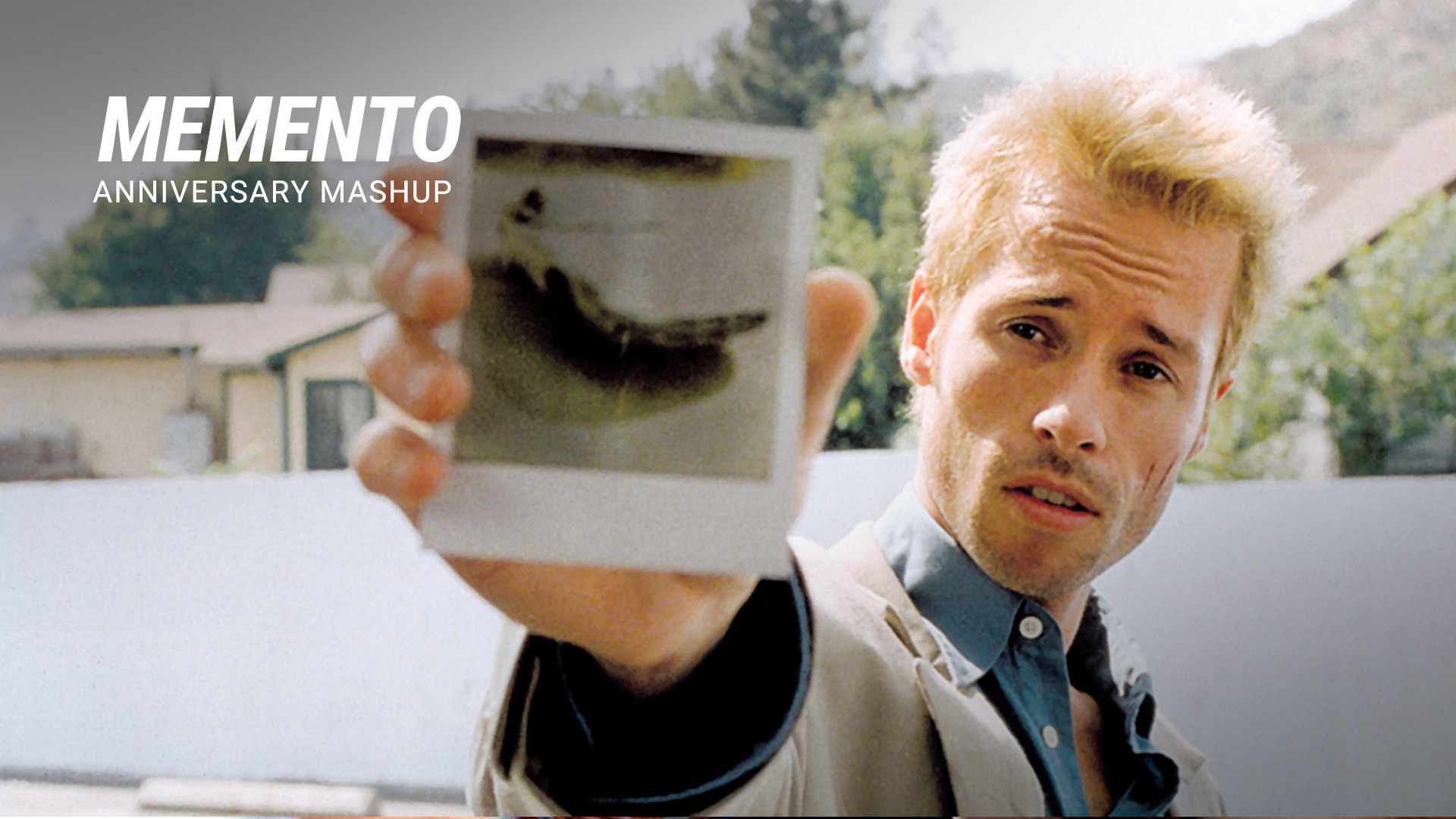The teachings of the Bahá’í Faith offer a profound and intricate understanding of the concept of death, often encapsulated in the phrase “Memento Mori,” which encourages mindfulness of mortality. This philosophical contemplation serves as a catalyst, prompting adherents to reassess their values and priorities amidst the transitory nature of existence. Through an exploration of Bahá’í perspectives on death, we can unearth significant principles that engender a transformative shift in one’s outlook on life and the beyond.
At the heart of Bahá’í doctrine is the belief in the continuity of existence. Death is not perceived as the terminal event it is commonly regarded to be by many, but rather as a pivotal transition. Bahá’ís view mortal life as a prelude to an eternal journey, where the soul progresses toward greater awareness and illumination. This understanding can engender solace in the face of loss, as proponents acknowledge that the essence of an individual — their spirit and character — does not cease with physical demise.
In the Bahá’í perspective, this transition is marked by the concept of spiritual evolution. Each earthly existence serves as an opportunity for the soul to refine itself through experiences, relationships, and the cultivation of virtues. It is this process of development that is emphasized rather than the mere act of living or the physical activities associated with life. The teachings highlight attributes such as love, kindness, and justice, urging individuals to integrate these qualities into their everyday lives, thereby enhancing their spiritual capacities as they prepare for their eventual passage into the next realm.
The Bahá’í Faith likens the soul’s journey to that of a seed that, upon reaching its full maturity within the nurturing confines of the earth, bursts forth into new life. Here, the metaphor elucidates the Bahá’í belief in life after death and the importance of lived experience as preparatory ground for what lies ahead. Such perspectives compel adherents to focus on their actions and intentions, knowing that these will shape their existence in the spiritual realm.
Moreover, the communal aspect of the Bahá’í teachings encourages a supportive environment during times of bereavement. The Faith espouses the necessity of commemorating those who have passed, not in mourning but in celebration of their lives and achievements. This practice reinforces the ideal that death does not diminish the legacy of the deceased but rather highlights the enduring impact of their spiritual contributions to humanity. Rituals of remembrance serve to nurture community bonds, fostering collective strength amidst the pain of loss.
The Bahá’í Faith also echoes the multifaceted nature of existence, emphasizing the interconnectedness of all living beings. This interconnectedness fosters a sense of responsibility toward one another, catalyzing the pursuit of justice and compassion within the community. The awareness of mortality acts as a motivating force to engage actively in the betterment of society, as each individual realizes their transient position within the larger tapestry of life. From this standpoint, the thought of mortality not only enhances the appreciation of life but also underscores the urgency to act with purpose and integrity.
In navigating the complexities of death, the Bahá’í teachings impart wisdom that encourages resilience. The understanding that every soul embarks on a unique journey allows individuals to embrace their own emotional responses to loss without the stigma often associated with grief. Bahá’ís are taught to allow the spectrum of human emotions to exist, recognizing that they are as much a part of the human experience as joy and fulfillment.
Additionally, the philosophy of life and death within the Bahá’í Faith transcends cultural and religious boundaries, fostering a universal perspective on spirituality. This inclusiveness offers fertile ground for interfaith dialogue, as diverse beliefs converge on the shared acknowledgment of mortality as a common denominator of human experience. The Bahá’í approach encourages a reformation of how death is perceived across the globe, promoting peace and understanding in what can often be divisive conversations surrounding the afterlife.
The teachings further illuminate the idea that the remembrance of death compels individuals to live authentically. The awareness that life is finite engenders a sense of urgency to pursue one’s spiritual and moral development wholeheartedly. By fostering a clear perspective on death, Bahá’ís are inspired to embrace a life imbued with purpose, fostering kindness, service, and love — values that resonate across the spectrum of humanity.
Ultimately, the Bahá’í view of death — encapsulated in the adage “Memento Mori” — serves as a profound reminder of life’s preciousness. The interplay between life and death in this tradition offers both a sobering reality and an empowering call to action. It compels individuals to transcend the superficial and engage authentically with the world around them. By internalizing these teachings, adherents of the Bahá’í Faith are not only prepared for their own journeys beyond but are also equipped to foster environments rich in compassion, understanding, and hope, guiding others along the path of enlightenment.
Thus, the exploration of Bahá’í teachings on death evokes a vital shift in perspective. In recognizing the sanctity of life and the inevitable reality of death, individuals are beckoned to reflect on their own lives. The insights gained from this rich spiritual tradition can serve as a tantalizing invitation for deeper inquiry into one’s own mortality, engaging with the eternal quest for meaning and purpose in the tapestry of existence.
